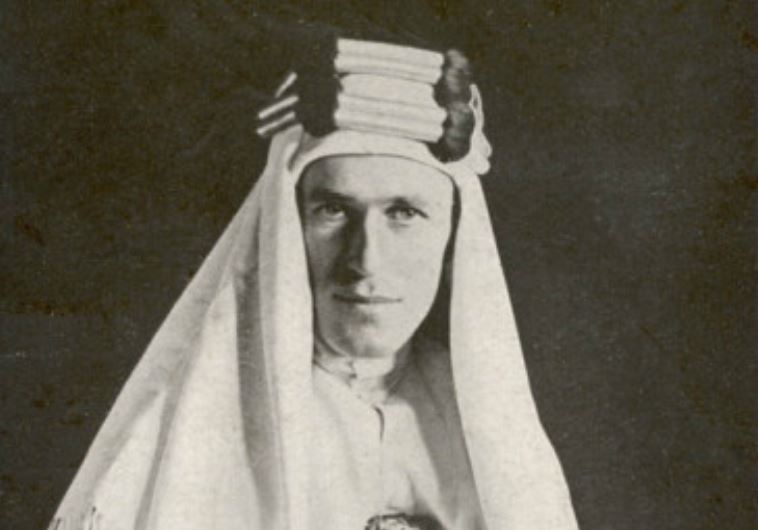Britain seeks to block sale of Lawrence of Arabia’s dagger and robes
"There is a whole industry around Lawrence,” retired Israeli ambassador to Jordan and leading expert on Lawrence says.
 Lieutenant Colonel Thomas Edward Lawrence(photo credit: Wikimedia Commons)Updated:
Lieutenant Colonel Thomas Edward Lawrence(photo credit: Wikimedia Commons)Updated: